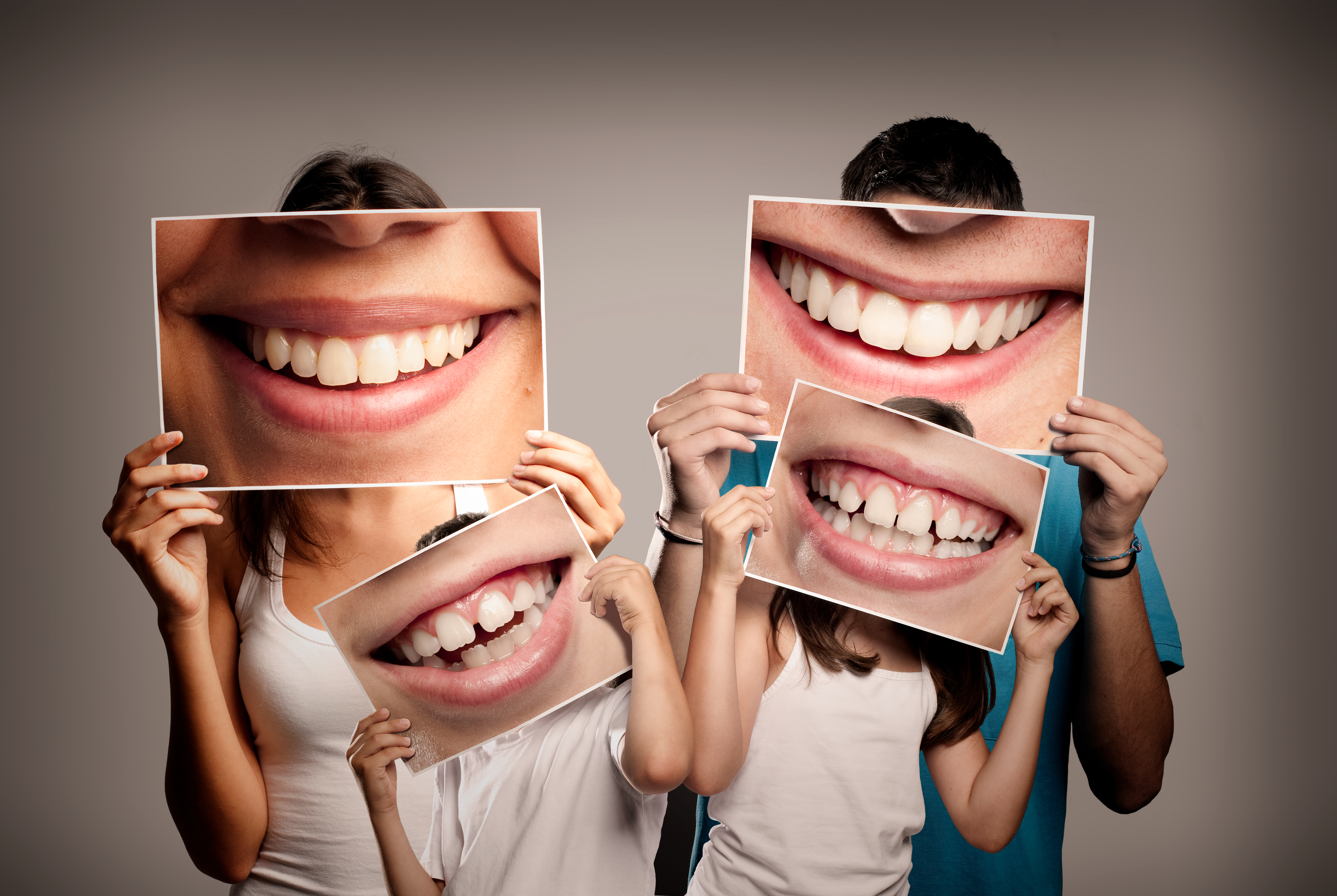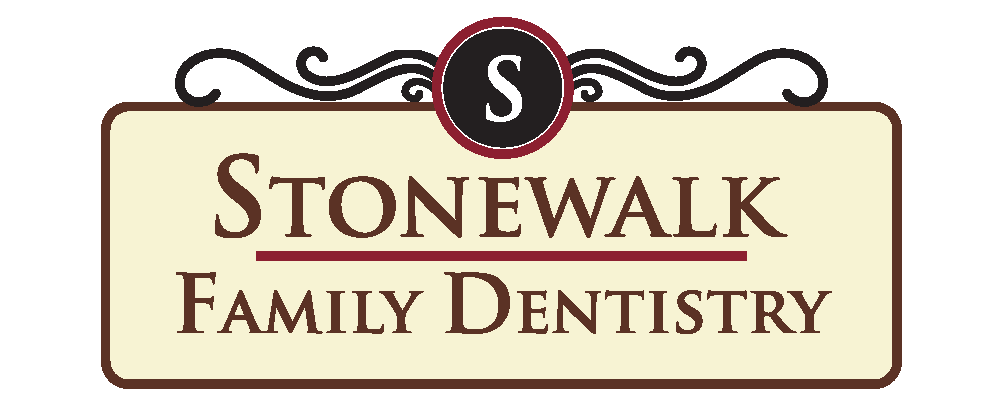12 Things Your Dentist Wishes You Knew

Some people think that dentists have secrets to good oral health. The reality is: they aren’t secrets. Your dentist wants you to know these oral health care tips and facts. The more you know, the better you will take care of your teeth, and the easier their job becomes. If you want tips for good oral health, take a look at these dentist “secrets.”
Not-So-Secret Secrets for Good Oral Health:
#1. The Amount of Time You Spend Brushing Your Teeth Matters
When you ask for oral health tips for proper dental care, you’ll often hear someone say that you should brush your teeth for two minutes, twice a day. Two minutes isn’t an arbitrary number. If you’re brushing your teeth when you wake up and when you go to bed, the plaque has had at least twelve hours to build up in your mouth. One minute isn’t going to get all of that off. You’ll remove more plaque by spending the extra minute in the bathroom, and this way you’re less likely to have to spend an extra 30 minutes getting your teeth scraped at the dentist.
#2. Seriously, Brush Your Teeth Twice a Day
It can take less than a day for plaque to become tartar, so if you’re only brushing once per day, you’re giving plaque extra opportunity. Maybe you think to yourself, “I brushed my teeth before bed, and I haven’t eaten anything since or I’ve only eaten breakfast, why should I brush my teeth?” The truth is that bacteria still can be active in your mouth while you sleep, so they’re still building up plaque on your teeth. Brushing twice a day is one of those tips for good oral health that is absolutely crucial. By brushing once after breakfast and once before bed (for two minutes each time), you give plaque a much lower chance of becoming tartar.
#3. Flossing Isn’t a Joke
This is one of those major oral health tips that many people tend to ignore. Oftentimes, people think that if they brush their teeth, their teeth are clean and they don’t have to floss. Wrong. You miss more than a third of the tooth’s surface by ignoring the space between teeth.
#4. Fluoride Is a Big Deal
Another dentist’s tip for oral health is to use fluoride toothpaste. Tooth enamel is made up of tightly packed mineral crystals that help the enamel harden. Bacteria feed on sugars in your mouth and produce acid, which can dissolve these crystals. Fluoride helps tooth enamel remineralize and build up more of these mineral crystals. It is also important to make sure children get small doses of fluoride, preferably from tap water, as this helps their permanent teeth develop before they erupt.
#5. Candy Isn’t the Sole Cause of Cavities
Don’t eat too much candy and don’t drink too many sugary drinks. That’s probably a common oral health tip that you’ve heard. While it is true that sugars feed bacteria and that candy and soda have sugar in droves, they aren’t the only source of bacteria-feeding sugar. Starch, a carbohydrate found in corn, potatoes, rice, bread, and other foods, contains sugars that can also feed bacteria. So don’t think that you can avoid brushing your teeth just because you didn’t have any sweets or soda.
#6. Your Tongue Says More than You Think
A tongue discoloration or change in appearance can say more about your oral and overall health than you might think. If your tongue looks like it has white patches, you could have a build-up of bacteria. Taste buds and other crevices in your tongue are excellent places for bacteria to hide, especially if you don’t clean or brush your tongue. This is why brushing your tongue is among those tips for good oral health you should remember. White patches could also mean you have thrush, a yeast infection of the mouth, which tends to occur if you are on antibiotics. If you have a webbed or striped look on your tongue, this may indicate a higher risk for oral cancer.
#7. Unhealthy Mouth Means Unhealthy Overall
Speaking of oral health “secrets,” most people don’t realize that what happens in your mouth doesn’t stay in your mouth. If you have gingivitis or even full-blown gum disease (also called periodontitis), you’re at risk for other serious conditions such as cardiovascular disease and endocarditis. The bacterial infections that cause these oral health conditions can spread to the heart and other parts of the body, causing multiple issues. They can even affect fetal health in pregnant women, as periodontitis has been linked to premature birth and low birth weight.
#8. Don’t Skip the Dentist When You’re Pregnant
Here’s an important oral health tip: if you have gum disease and you are pregnant, the bacterial infection may have negative health impacts on your developing baby. What’s more, the hormonal changes you go through during pregnancy can make you more susceptible to gum disease. It is vital that you go to the dentist while you are pregnant to minimize any risks to yourself and your child.
#9. When Telling Your Dentist About Your Medications, Don’t Forget Aspirin!
Dentists ask about your medications when you visit; it’s standard procedure. They really do need you to tell them about all of your medications, including aspirin. Even if you take a low dose aspirin daily, it could increase your bleeding risk during dental procedures, and your dentist needs to know.
#10. You Shouldn’t Ignore Mouth Pain
A major oral health tip for proper dental care: don’t ignore the symptoms of a problem. Most people believe that if they experience irregular mouth pain, it will just go away. Even if it does go away, though, the problem is likely still there. Some people experience intermittent pain when their teeth are impacted or when dealing with gum disease. But just because the pain stops doesn’t mean the problem has been solved. What’s more, experiencing mouth pain could be a symptom or sign of a heart condition or even an oncoming heart attack.
#11. Oral Cancer Can Affect Anyone
Don’t skip that oral cancer screening just because you don’t smoke or use tobacco products. The risk factors for oral cancer can be found in anyone. Alcohol use, sun exposure, genetics, and the human papillomavirus (HPV) can cause oral cancer, which means that it can affect far more people than you might think. Furthermore, oral cancer is not particularly hard to detect, diagnose, or treat in its early stages. If treated early, the survival rate increases significantly. The problem is that most people do not get screened unless there is a noticeable problem, and, therefore, oral cancer is not often diagnosed before it reaches the later, harder-to-treat stages.
#12. Your Dentist Isn’t Judging You
So many people avoid going to the dentist because they are embarrassed about the current state of their oral health. The best way to find out about a dentist’s tips for oral health is to make an appointment and talk to one. At Stonewalk Family Dentistry, our skilled and friendly dentists aren’t going to judge you. Rather, they want to help you improve your oral health and treat any dental issues or concerns you might have.
If you are concerned about any health issues or want to talk about improving your oral health, feel free to call us at (770) 777-1911 or fill out our short online form to schedule an appointment.
More articles

2022
Bad Breath: Rumors, Truths & Misnomers
From the foods we eat, to the medicines we take, what we ingest from day-to-day has the potential to greatly affect our bodies – particularly our breath. When it comes to halitosis, the scientific name for bad breath, there are a number of bad breath causes that you may have never considered. In addition to proven causes and cures, bad breath rumors often circulate, making it difficult to determine fact from fiction when sifting through the helpful pieces of oral hygiene advice.

2022
Plaque Removal / Tartar Prevention Between Visits
Here’s a dentist joke for you: what is gross, sticky, and really bad for your teeth and gums? It’s plaque, which turns into tartar and can lead to all kinds of oral health problems. And, in reality, fighting back against plaque and tartar on your teeth is no joke! Plaque is one of the primary causes of tooth decay and gum disease, but not many people really know what it is or how to prevent it. So, here’s what you need to know about plaque and tartar — what it is, how to prevent it, and how to get rid of it between dental visits.

2022
How to Choose the Best Mouthwash for You!
Whether you are new to the different types of mouthwashes, you’re realizing the one you are using isn’t working out, or you just want to find something different, choosing the right type of mouthwash for you can be a daunting task. The oral health aisle at any store typically has a floor-to-ceiling selection of mouthwash options, all making different claims with different ingredients. To make your choice a little easier, here is our helpful guide for choosing a mouthwash that’s right for you.
